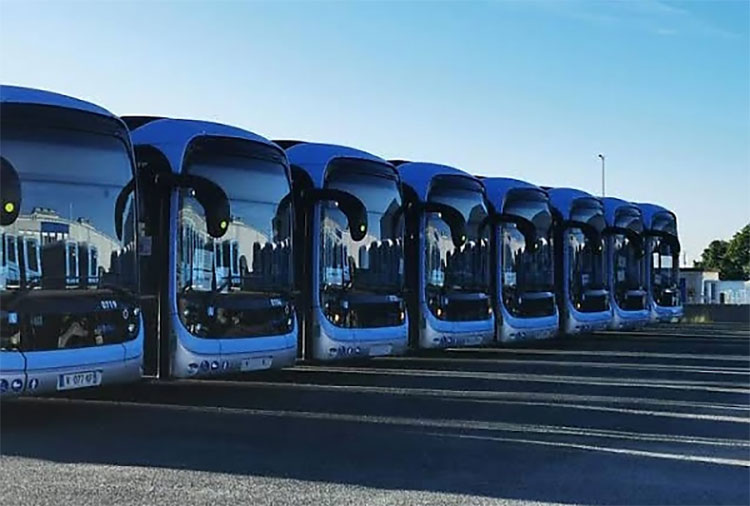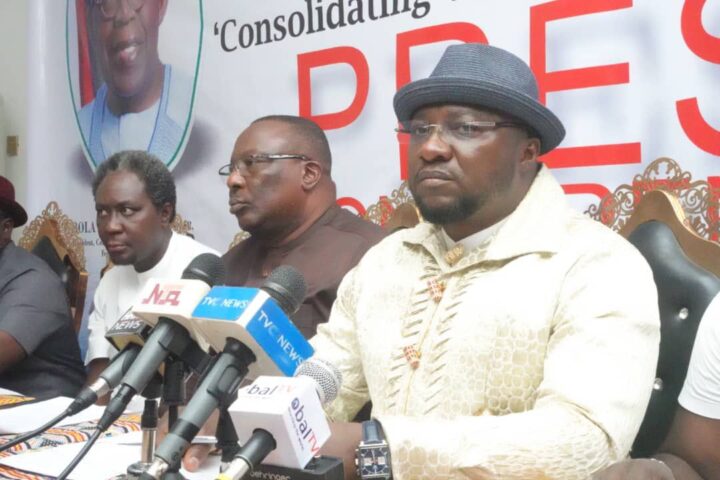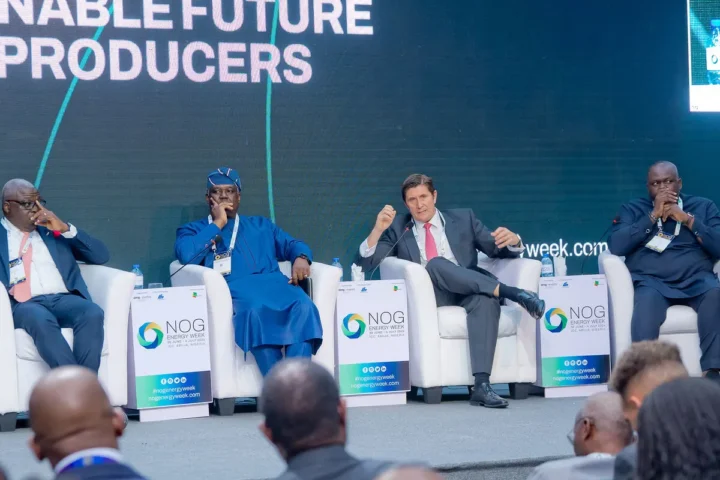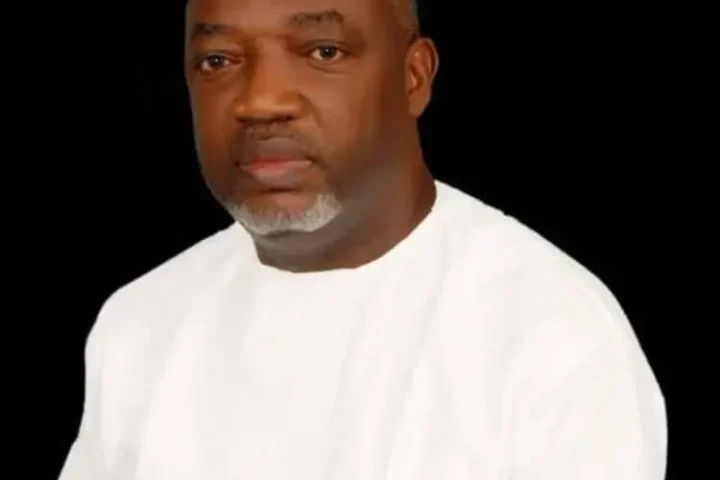Oando Clean Energy Limited in partnership with the Lagos state government has said Lagosians would ride on an electric-powered Bus Rapid Transit (BRT) buses by 2023.
The Executive Vice President, Oando Clean Energy, Mr Ademola Ogunbanjo, disclosed this during a webcast session hosted by EY Nigeria, on, “Climate Change and Its Implications on the Nigerian Energy Sector,” adding that the proof of concept of the electric buses’ deployment in Lagos would begin in January next year. However, the federal government has called for collaboration of private sector players in the implementation of the Climate Change Act 2021, just as some energy experts in the country have appealed to the government to create an enabling business environment to attract investments into the sector at this time of dwindling support and funding for fossil fuels projects.
Read more: Lagos to borrow N350 billion for external and domestic loans
Ogunbanjo, who gave the update on the Oando’s electric vehicles deployment in Lagos, stated that the future of energy was green hence the company decided to embark on that project in the nation’s commercial nerve centre.
Oando had on April 28, 2022 signed a Memorandum of Understanding MoU with the Lagos Metropolitan Area Transport Authority LAMATA for the introduction of electric mass transit buses in Lagos, Nigeria’s commercial nerve centre.
“We, in Oando Clean Energy Limited, we are deploying that in partnership with the Lagos State Government. By this time next year, if you are in Lagos, you will be able to jump on a BRT bus that’s 100 % electric.
“We will run the proof of concept by January 2023 and then we roll out fully before the year is over, and hopefully, overtime, as the cost of electric buses go down, we particularly want to begin to assemble or manufacture locally in Nigeria.
“And good enough, if you look at the Net-zero Plan of the federal government, we are looking to start doing that by 2025. What this means is that our transport fares will go down because we are taking alternative route,” he stated.
Comparing combustion engine buses to the electric version, he explained, “For example, for a diesel engine bus of 10.5 metres to go 1kilometer, you need 1.56 litres of diesel. At today’s prices, that’s about N1200. For an electric bus of the same size, it will take you 1.36 kilowatt/hour. At today’s rate, that’s less than N500.
Read more: Detention of Kanu against court orders is an assault to Igbo — Ugochinyere
And this is in the hope that overtime, as we deploy electric vehicles, the costs will go further than
Noting that storage was still a big component of providing renewable energy, particularly from variables like wind and solar, Ogunbanjo argued that as technology is deployed and it improves and there is proliferation of the solutions, prices would drop and it becomes more affordable for the general populace to engage.
“So there is need for us to very quickly rapidly work together with the government to invest in the sector so that we can cushion some of the effects of the elements you mentioned,” he added.
Ogunbanjo, stated that the opportunities in clean energy were huge and clear.
He stated that even if fossil fuel was still being used to power energy consumption globally, there was room to accommodate renewable energy sources.







